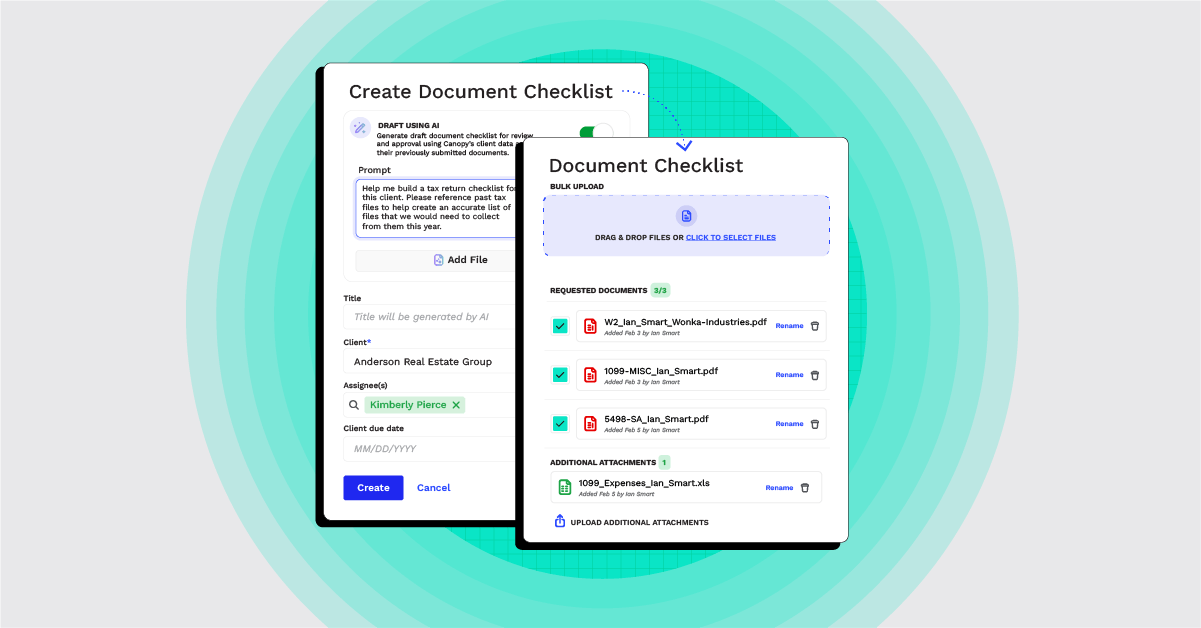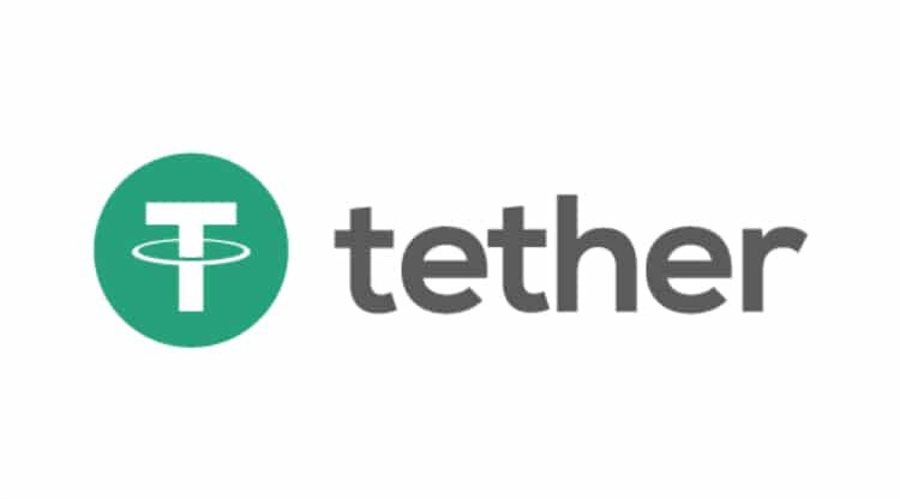issues and explore the world through the lens of tax policy. Learn more about taxes with TaxEDU.
Today marks 55 years since two students sent the first message across the Advanced Research Projects Agency Network (ARPANET) between computers at four universities, which would later become the internet we enjoy today. In the 55 years since, the internet has truly taken over our lives. It influences how we communicate, how we learn, and how we enjoy entertainment. The massive influence of the World Wide Web has touched virtually everything around us, and its impact on taxation is no different.
Since its inception, the internet has impacted tax return filing, and the rise of online services and platforms has generated new debates about the future of tax policy.
E-Filing
Over recent decades it has become common for tax filers around the world to use the internet to file their taxes. In the US, only 17 years after the internet was founded, a trial program for five taxpayers in the US jumpstarted e-filing for tax returns. By 2002, the Internal Revenue Service (IRS) began offering a PIN option to file that replaced signatures and continued down the path away from traditional paper-filing.
In the 1990’s, the IRS made e-filing available to the public and in 2003 partnered with Free File Alliance to make e-filing free for certain taxpayers through Free File. As with anything related to the internet, innovation moved fast, and a modernized e-file was released publicly in the following year. By 2005, 68.4 million tax returns were submitted via e-file.
In 2024, e-filing is the standard for tax season for individuals and companies alike, accounting for over 95 percent of tax returns.
E-filing made tax filing easier and more accessible for taxpayers, and hopefully the IRS will keep pace with technology improvements and data security needs to support taxpayers who use e-filing services.
Digital Services Tax
Another thing that became digitized in the internet age was the economy. This development led to enhanced globalization of products and services and a variety of new tax policy debates.
Under current international tax rules, multinational corporations generally pay corporate income taxA corporate income tax (CIT) is levied by federal and state governments on business profits. Many companies are not subject to the CIT because they are taxed as pass-through businesses, with income reportable under the individual income tax.
where production occurs rather than where consumers or (specifically for the digital sector) users are located. However, some argue that through the digital economy, businesses (implicitly) derive income from users abroad but, without a physical presence, are not subject to corporate income tax in that foreign country.
One new policy that has arisen in recent years is a digital services tax (DST)—a tax on selected gross revenue streams of large digital companies. Currently, 18 countries have implemented DSTs, and Canada will soon join this group.
However, there are legitimate concerns about DSTs. For example, the United States, home to most of the companies impacted by DSTs, would like to eliminate them either though a multilateral agreement or through trade threats.
There is also a fundamental flaw in DST’s design. They tax revenues rather than profits, therefore placing a higher burden on businesses with thin profit margins than those with high profit margins. Also, there is growing evidence that the economic cost of the tax is simply passed along to consumers.
The proposed and implemented DSTs also differ significantly in their structures. For example, while Austria and Hungary only tax revenues from online advertising and Denmark’s DST applies only to streaming services, France’s tax baseThe tax base is the total amount of income, property, assets, consumption, transactions, or other economic activity subject to taxation by a tax authority. A narrow tax base is non-neutral and inefficient. A broad tax base reduces tax administration costs and allows more revenue to be raised at lower rates.
is much broader, including revenues from the provision of a digital interface, targeted advertising, and the transmission of data collected about users for advertising purposes. The tax rates range from 1.5 percent in Poland to 7.5 percent in both Hungary and Turkey (although Hungary’s tax rate was reduced to 0 percent up to December 2024).
The uncertainty around DSTs and trade threats has driven discussions at the Organisation for Economic Development’s (OECD) negotiations in Paris, where more than 140 countries have been negotiating ways to adapt the international tax system.
Negotiations have not yet concluded, and it is still unclear if the proposals that have been offered would be implemented or, even if they are implemented, whether DSTs would actually disappear from the landscape.
These DSTs were generally considered to be temporary measures until an agreement could be reached at the OECD level. However, if negotiations do not conclude with a resolution, the DSTs may not be so temporary.
Changing the Rules
Zooming in from the international level, there have been other major developments at the level of US states. There the internet posed another issue for state governments.
Eventually, this turned into a legal dispute that landed at the US Supreme Court. South Dakota v. WayfairSouth Dakota v. Wayfair was a 2018 U.S. Supreme Court decision eliminating the requirement that a seller have physical presence in the taxing state to be able to collect and remit sales taxes to that state. It expanded states’ abilities to collect sales taxes from e-commerce and other remote transactions.
was a 2018 decision that eliminated the requirement that a seller have physical presence in the taxing state to be able to collect and remit sales taxes to that state. It expanded states’ abilities to collect sales taxes from e-commerce and other remote transactions.
The problem arose from the requirement that taxpayer must have “nexus”—some sort of adequate connection—with a state for that state to impose a tax. Before Wayfair, states could only require a company to collect and remit sales taxA sales tax is levied on retail sales of goods and services and, ideally, should apply to all final consumption with few exemptions. Many governments exempt goods like groceries; base broadening, such as including groceries, could keep rates lower. A sales tax should exempt business-to-business transactions which, when taxed, cause tax pyramiding.
if it had some kind of physical presence in the state.
With the rapid growth of internet sales, many states sought to employ expansive, if sometimes legally dubious, definitions of physical presence to permit them to impose collection and remittance obligations on at least some remote sellers. States adopted “click-through nexus” standards where the in-state presence of an affiliate was sufficient to establish nexus, or experimented with “cookie nexus,” on the theory that placing a cookie on an in-state user’s computer constituted physical presence.
These efforts, however, were not up to snuff, and states long sought express authority to require out-of-state sellers to collect sales tax on their behalf. Failing to secure a federal legislative framework, states ultimately turned to the Supreme Court, with carefully crafted South Dakota legislation used as a test case.
Years later, states are still tweaking the details to simplify compliance and bring uniformity to online sales tax regulations. And, it turns out, DSTs at the international level have also found their way into state tax codes (although there is current litigation on those state-level policies).
The World Wide Web is here to stay and will continue to influence our lives in many, many ways, including taxation. We can only imagine what might come in the next 55 years.
Confused? Boost Your Tax Knowledge with TaxEDU
Tax policy can be complex. Thankfully our resources for understanding them aren’t.
Learn more
Share this article





























